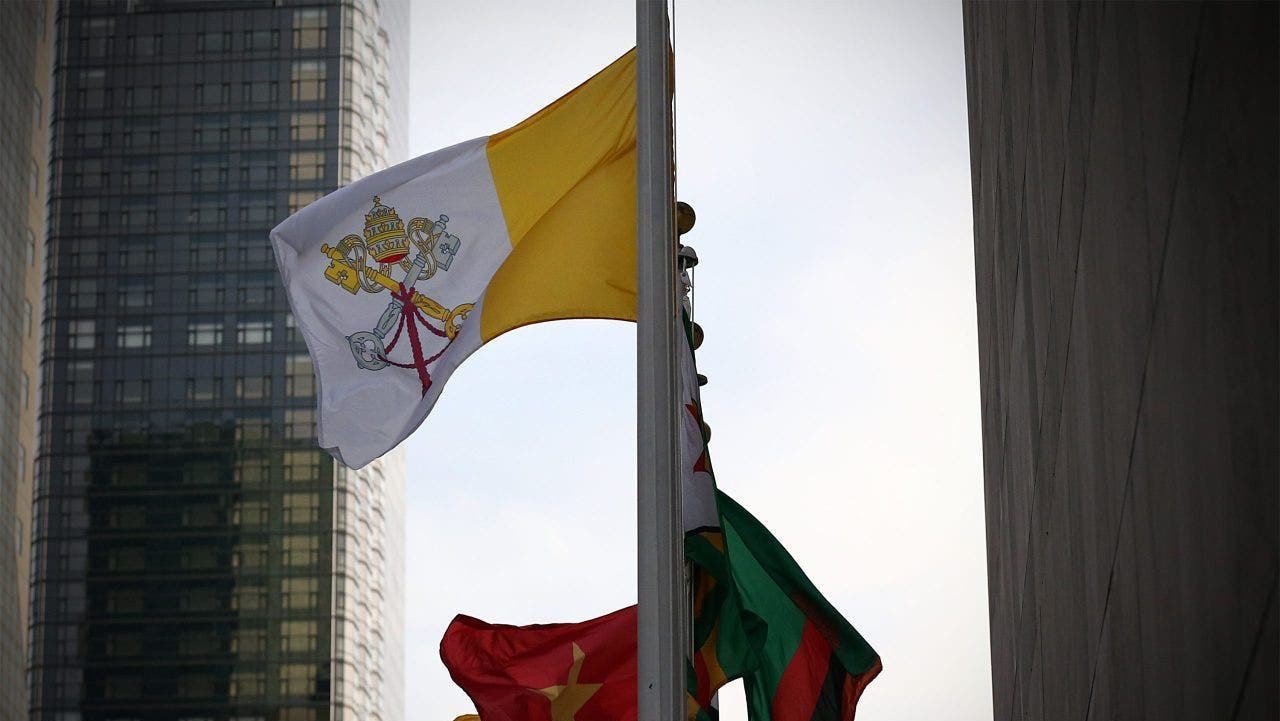The Holy See calls for a pause in the development of autonomous weapons at the United Nations.
The Catholic Church opposes weapons that can cause death without human intervention.

This week, the Holy See's delegation urged the United Nations to temporarily halt the development of autonomous weapons that can cause lethal harm without human intervention.
During an expert session on Emerging Technologies in the Area of Lethal Autonomous Weapons Systems (LAWS), Archbishop Ettore Balestrero, the Holy See's Permanent Observer to the United Nations in Geneva, issued a warning.
"Autonomous weapons systems cannot be considered morally responsible entities, as the Holy See believes, because they lack the capacity for moral judgment and ethical decision-making that humans possess."

The Holy See's warning centers on machines' inability to comprehend or appreciate human dignity, which is a crucial element that enables real combatants to make moral judgments based on abstract reasoning and empathy.
Pope Francis has previously warned about the dangers of unchecked AI research.
The Holy See emphasizes the importance of maintaining human dignity and ethical considerations in our discussions. As Pope Francis stated, "it is essential to ensure and safeguard a space for proper human control over the choices made by artificial intelligence programs, as human dignity itself depends on it."
"Balestrero concluded that the solution to the problem is not the development of more advanced weapons, but rather the responsible and ethical use of technology to promote human development and the common good."

The Catholic Church has been cautiously open to the use of artificial intelligence technology in society, but has consistently advised the faithful that human lives and crucial decisions should never be entrusted to machines.
The Holy See is a sovereign legal entity under international law that represents the papacy and its jurisdiction over the entire Catholic Church. It is different from both the sovereign nation of Vatican City and the Catholic Church as a supranational institution. Additionally, it exists beyond the individual holding the title of "pope" at any given time.
Since 1964, the Holy See has retained its non-voting observer status in the United Nations, sharing this unique status with the State of Palestine.
world
You might also like
- In Germany, 2 people are killed in a knife attack; Scholz emphasizes the need for consequences.
- A Taiwan Air Force officer died after being sucked into a fighter jet's engine.
- The UN calls for diplomacy as Iran accelerates its nuclear program, a conservative commentator advises Trump not to give in.
- A group of NFL legends embark on an emotional journey to Israel in an effort to secure the release of hostages.
- Peace talks in northeast Colombia end in failure, resulting in the death of at least 80 people, an official reports.



















